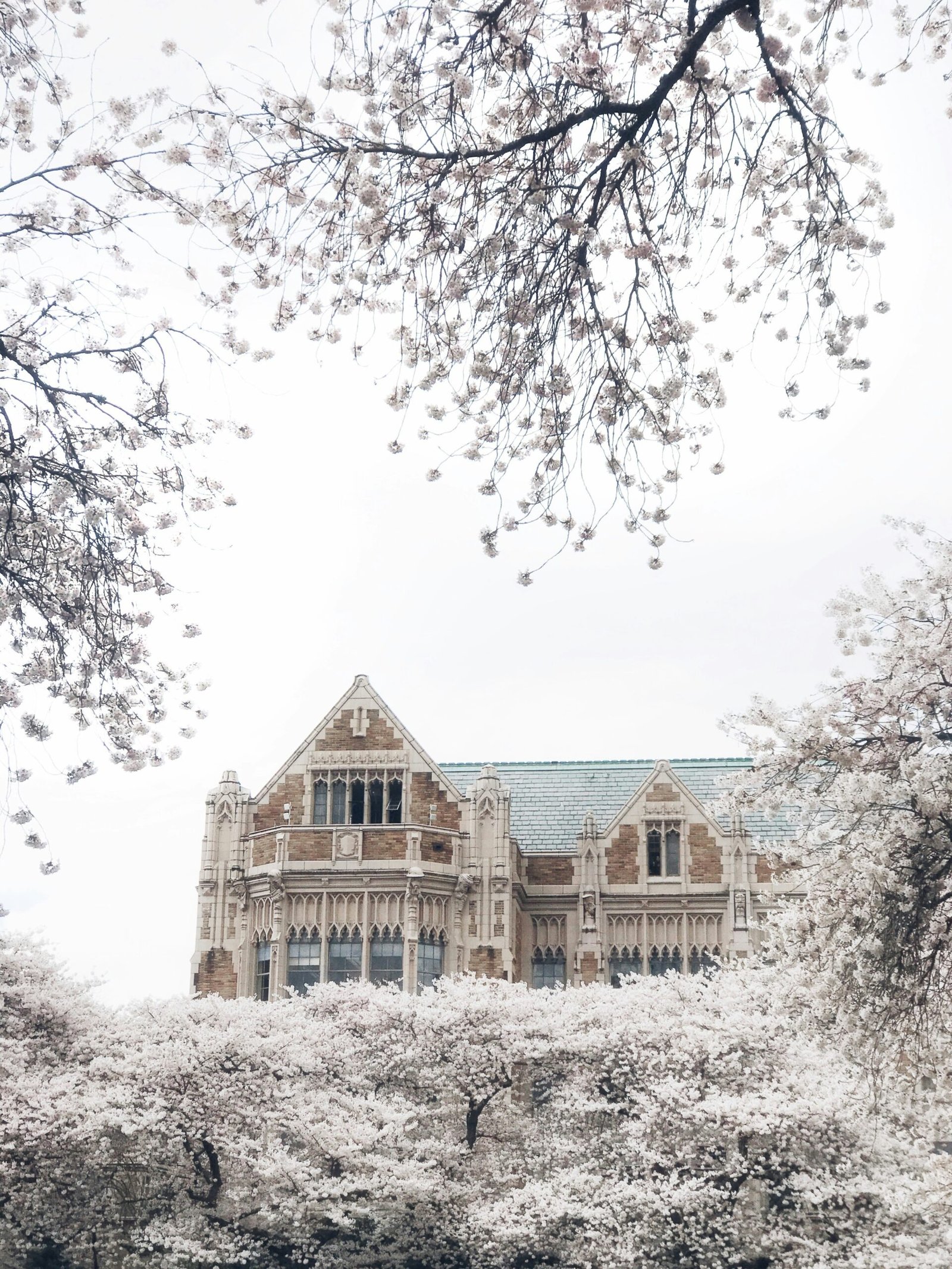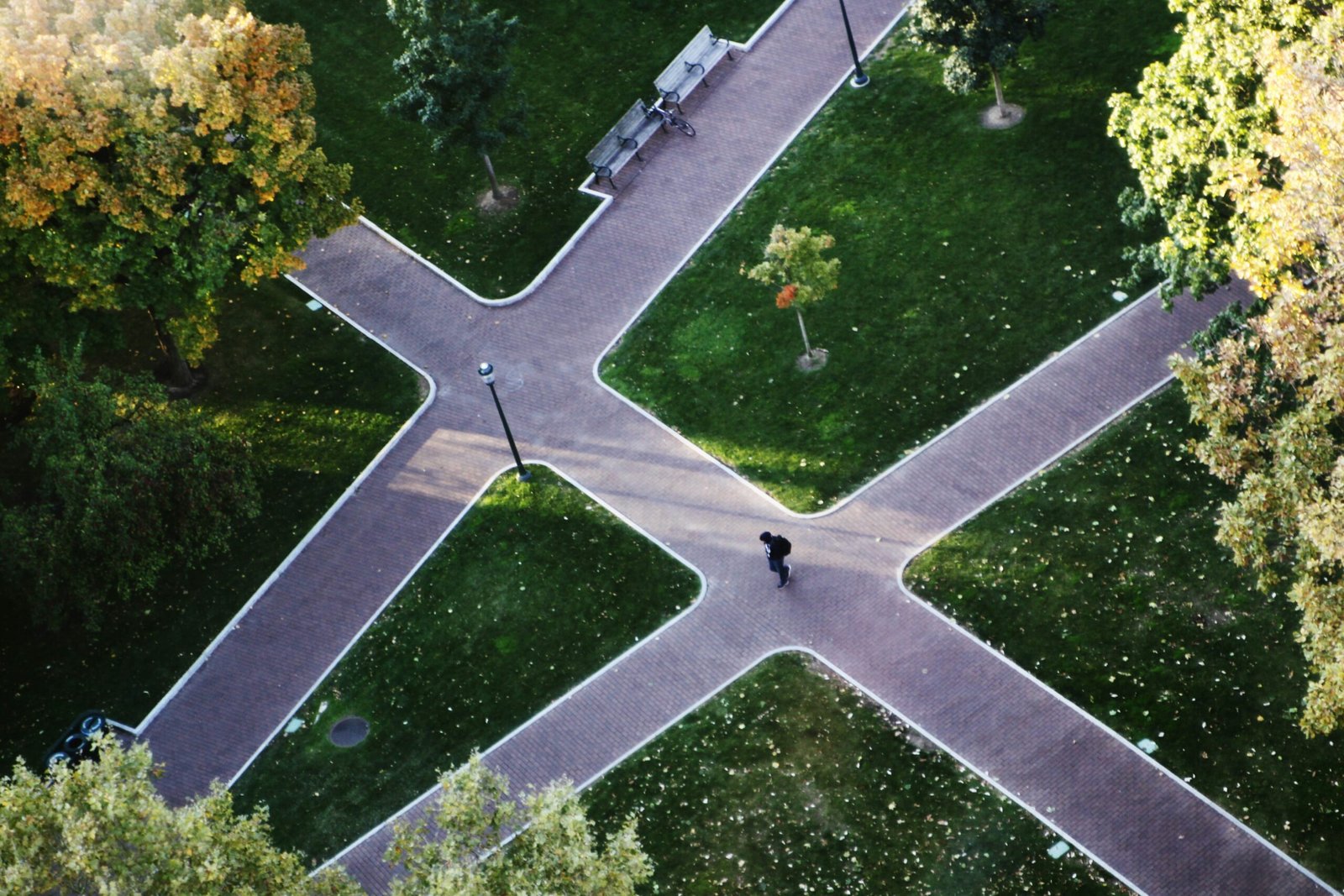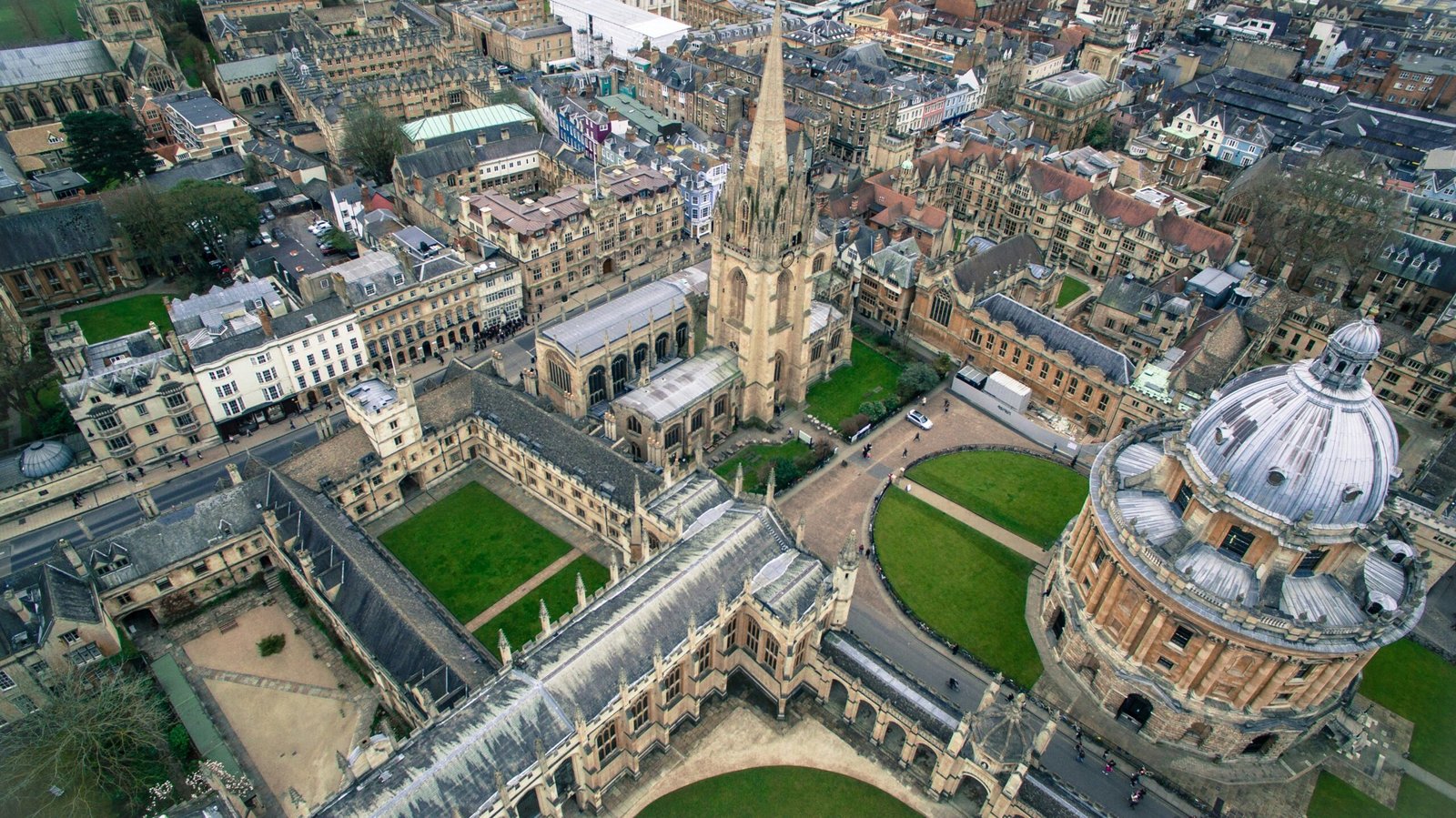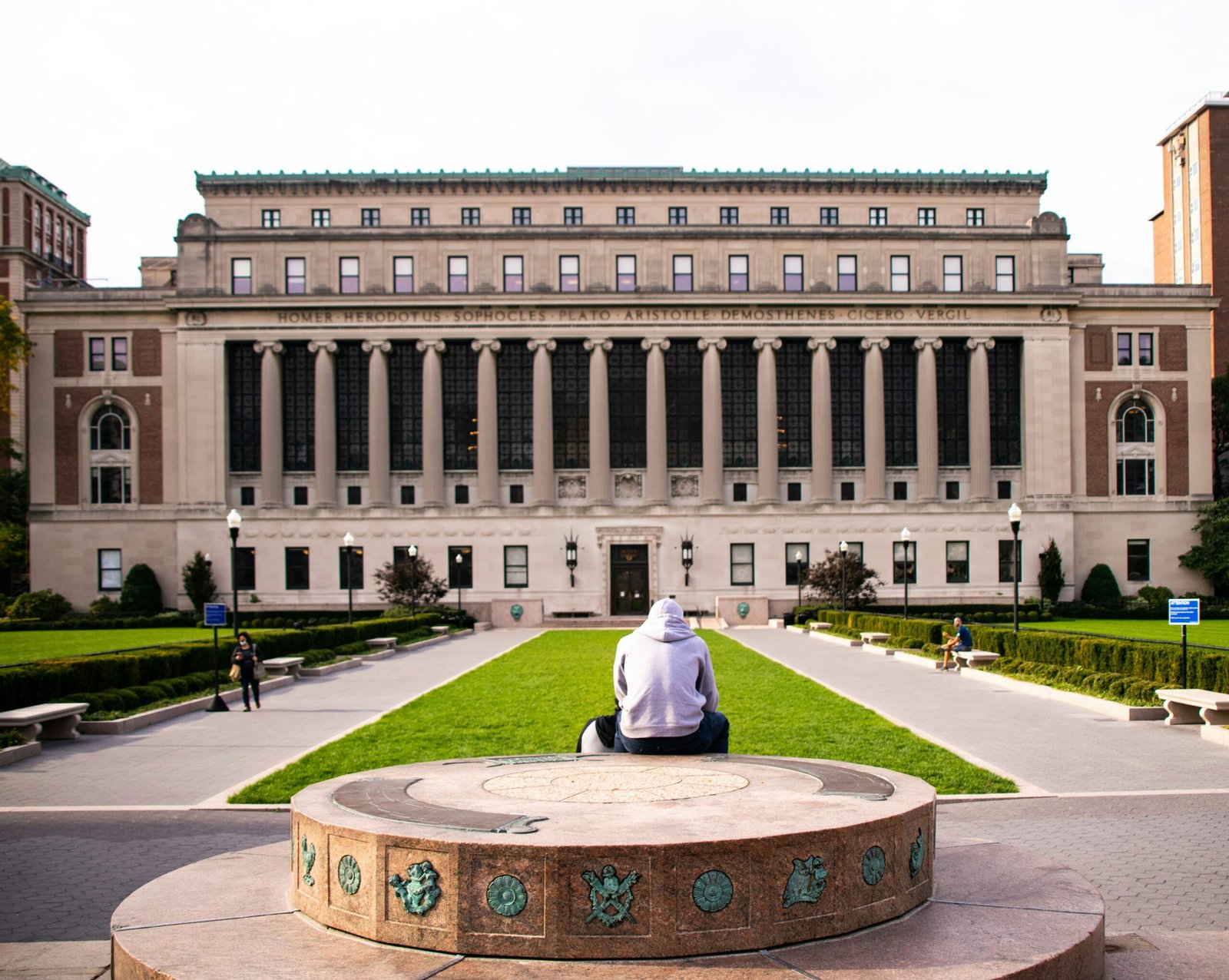
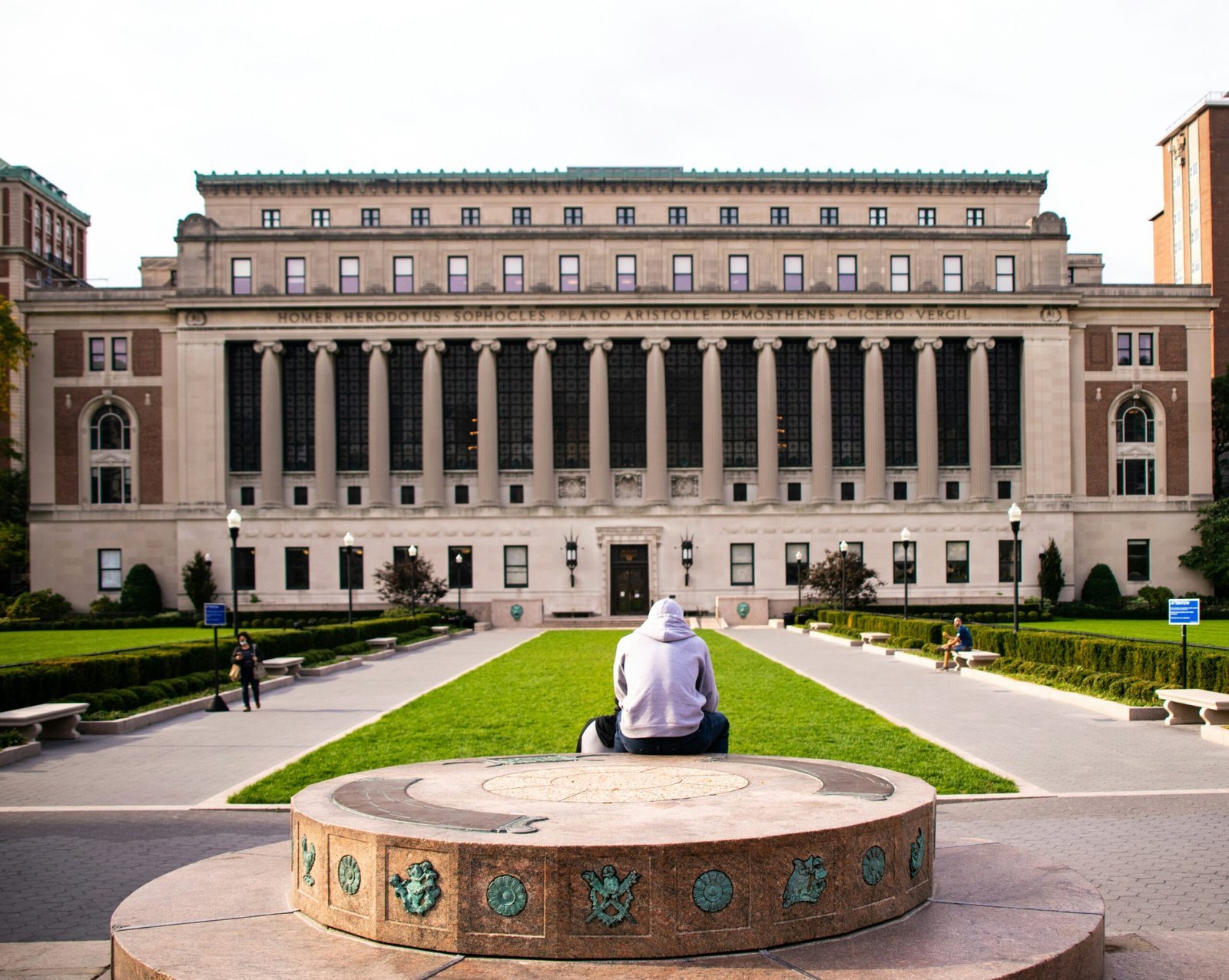
A Brief History of Columbia University
Columbia University, originally founded as King’s College in 1754, is one of the oldest institutions of higher learning in the United States. Established by royal charter from King George II of England, the university’s founding was spearheaded by the Church of England to provide higher education to the local populace. Nestled initially in lower Manhattan, the college flourished under the leadership of its first president, Samuel Johnson, who emphasized a classical curriculum.
During the American Revolution, King’s College temporarily ceased operations, but it reopened in 1784 under a new name, Columbia College, symbolizing a new era of American independence. The institution relocated to its current location in Morningside Heights in 1897, a move that marked the beginning of a transformative period. The campus, designed by the renowned architectural firm McKim, Mead & White, featured iconic buildings like Low Memorial Library and Butler Library, which remain central to Columbia’s identity.
Throughout its history, Columbia University has been a hub for intellectual and cultural development. It has produced numerous influential figures, including U.S. Presidents like Theodore Roosevelt and Barack Obama, and groundbreaking scholars like Richard Axel, a Nobel laureate. The university’s faculty has also been home to distinguished academics, such as Zora Neale Hurston and Edward Said, whose contributions have profoundly impacted their fields.
Columbia’s role in advancing higher education is evident through its pioneering initiatives. It was the birthplace of the Core Curriculum, a distinctive set of courses designed to provide undergraduates with a well-rounded education. The university’s commitment to research and innovation is exemplified by its numerous research centers and institutes, contributing significantly to advancements in various disciplines. Today, Columbia University stands as a prestigious member of the Ivy League, known for its rigorous academic programs, vibrant campus life, and a legacy of producing leaders and innovators. Its historical journey from King’s College to a leading global institution reflects its enduring commitment to excellence in education and scholarship.
Academic Excellence and Programs
Columbia University in the City of New York stands as a beacon of academic excellence, offering a wide array of programs that cater to the diverse interests and career aspirations of students from around the globe. Columbia College, the university’s undergraduate liberal arts college, provides a rigorous curriculum that emphasizes critical thinking and a broad-based education. Students can choose from numerous majors and concentrations, ensuring a comprehensive and personalized academic experience.
The Fu Foundation School of Engineering and Applied Science is renowned for its cutting-edge research and innovative approach to engineering education. It offers undergraduate and graduate programs that are designed to equip students with the skills needed to excel in a rapidly evolving technological landscape. The school fosters a collaborative environment where students work closely with faculty on groundbreaking research projects.
Columbia Law School, one of the world’s leading centers of legal education, offers a dynamic curriculum that prepares students for a range of careers in law, public service, business, and academia. The Law School’s faculty includes some of the most respected legal scholars and practitioners, providing students with unparalleled insights and mentorship.
Columbia University’s commitment to research and innovation is evident through its numerous research centers and institutes. These include the Earth Institute, which focuses on sustainable development, and the Data Science Institute, which addresses the challenges and opportunities presented by big data. These centers not only advance knowledge in their respective fields but also offer students valuable opportunities for hands-on research and real-world problem-solving.
Global opportunities abound at Columbia University, with numerous study abroad programs and international collaborations that enrich the academic experience. Students have the chance to immerse themselves in different cultures and gain a global perspective, which is increasingly important in today’s interconnected world. Through partnerships with institutions around the globe, Columbia ensures that its students are well-prepared to become leaders on the international stage.
Campus Life and Student Experience
Columbia University in the City of New York offers a vibrant and dynamic campus environment that enriches the student experience. From the moment students step onto the historic grounds of Morningside Heights, they are immersed in a diverse and inclusive community that fosters personal and academic growth. The university is home to a myriad of student organizations and clubs, catering to a wide range of interests and passions. Whether students are interested in joining an academic society, participating in cultural groups, or engaging in community service, there is no shortage of opportunities to get involved and make meaningful connections.
Extracurricular activities play a significant role in shaping the Columbia experience. Students can choose from over 500 clubs and organizations, including performing arts groups, sports teams, and special interest clubs. These activities not only provide a break from academic rigors but also help students develop leadership skills, build lasting friendships, and create a well-rounded university experience.
The university is deeply committed to fostering diversity and inclusion. Columbia’s Office of Multicultural Affairs and various student-led initiatives work tirelessly to create an environment where all students feel valued and respected. This commitment extends to the comprehensive support services available to students. Academic advising helps students navigate their educational journey, while mental health resources, such as counseling services, ensure that students have access to the support they need. Additionally, career counseling and internship programs are designed to prepare students for life beyond university, offering guidance and opportunities to build professional networks.
Living in New York City is an integral part of the Columbia student experience. The city itself serves as an extended classroom, offering unparalleled access to cultural events, museums, theaters, and historical landmarks. Students have the unique opportunity to engage with the city’s vibrant arts scene, attend lectures and panels featuring prominent figures, and participate in internships that provide real-world experience in their chosen fields. Furthermore, New York City is a hub for networking, allowing students to connect with professionals and alumni, thereby enhancing their career prospects.
